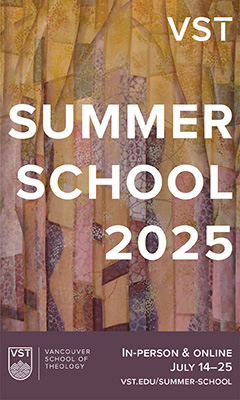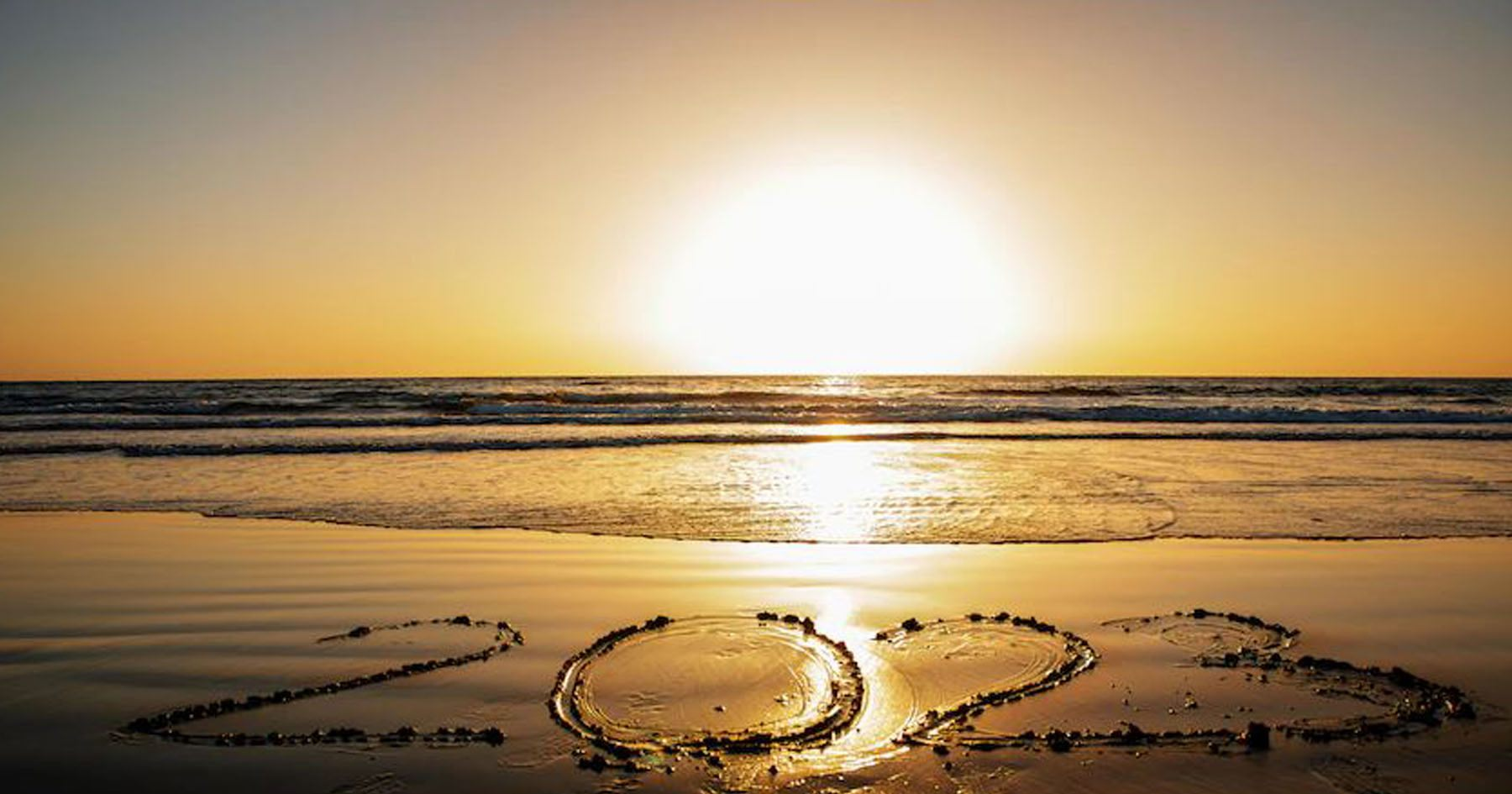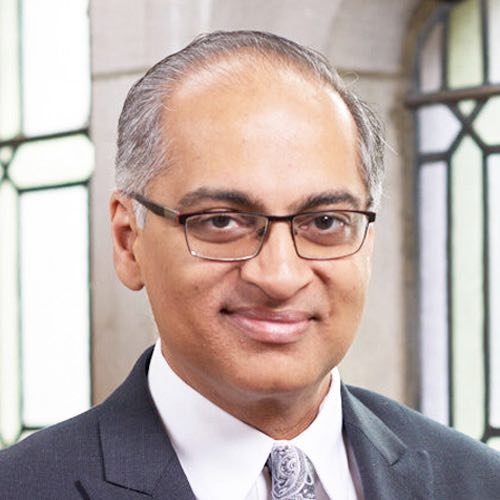The new is not the novel. The novel appears routinely — novel gadgets, novel operating systems, and even novel cultural trends. But the genuinely new is exceedingly rare and feels almost miraculous.
I think about the new every year as we prepare to greet each other with the customary acclamation, “Happy New Year!” But how new will this new year really be? Suppose we gruffly retort to our New Year’s Eve well-wishers and ask them, “Tell me, what do you imagine will be new about the coming year?” What response might we imagine other than the certainty that invitations to next year’s New Year’s Eve parties will dramatically decline?
What do we really expect for the coming year? Surely the same kinds of polarised political factionalism, rampant gun violence in the United States, international conflagrations launched by grandiose bullies, and a worsening of our already grave climate crisis? So, what will be new? Probe us in our soberest moments, and we are sure to sound like the author of Ecclesiastes, who most famously declaimed, “There is nothing new under the sun!”

So what counts as new, rather than merely novel? One indicator of the presence of the new is fundamental transformation. Some years ago, I received sobering news from my doctor that I was a diabetic. The litany of dire consequences of that dread disease scared me, and a desire for health kicked in. I became disciplined and lost 30 pounds. I ate differently, exercised routinely, and even started running. At peak fitness, I could run 4 miles without stopping — a miracle for a lifelong asthmatic. Sadly, COVID isolation reversed much of this gain. Enforced quarantining took its toll. I am now slowly working to return to the discipline bandwagon, but that’s a story for another day.
I share this personal anecdote because profound habit change with respect to eating and exercise didn’t just happen. Fear played a role, but a change that lasts for years does not materialise by fear alone. Something else had to happen beyond my own willing and doing — namely, the birth of a new relationship to myself. Enduring patterns of transformed living cannot be fear-based because as soon as the fear subsides, old habits will reassert themselves. The new must enter by another doorway — in my case, a healthy love for my well-being and even flourishing. I wanted and still want to be well, not just for myself, but also for those I love.
We find here a clue to the emergence of the new: the presence of love. The novel requires only a measure of inventiveness. Real transformation springs from deeper well-springs such as love.
A second feature of the new is that it cannot be produced; it must be born. Every birth requires a patient surrender that is prepared to wait. Mothers can aid a child’s growth in utero by engaging in self-care — a healthful diet, exercise, and rest. Still, the child’s actual development is essentially a passive and involuntary process for which the word “expectancy” is right on the nose. You cannot cook your child any faster; it just takes the time it takes. Writers, artists, and creatives of any sort know this lesson of birthing. The novel can be produced, even mass-produced, but the new must be born.
If the new is to emerge, something must break us out of the well-established in which we’ve found ourselves — whether that rut is personal or societal. There is nothing new about the powerful getting their way. The new arrives when the tables are turned, and the oppressed and marginalised finally receive their due. The 2016 election of Donald Trump was, at best, novel; we have all witnessed mediocre white men of means being granted unearned privileges. But the eruption of a global protest movement after George Floyd’s murder — nothing in the world could have predicted the surge of love and justice following his brutal public execution.
The Black Lives Matters movement did not emerge ex nihilo. There were years of patient toil, grassroots mobilisation, and relationship building between organisers and communities. Like any birthing process, labour is required, but when the new arrives, it is always more than anyone could have predicted.
Christians routinely turn to the language of the Holy Spirit to speak of what is genuinely new. The Holy Spirit quickens the birth of the Christ child. The Holy Spirit inspires the disruptive prophets of old to speak in the power of the Divine Name. The Holy Spirit falls on the earliest Christ-followers on Pentecost and gives birth to a wholly new form of egalitarian social order called the Church.
This Christian language receives secular echoes when writers talk of being inspired or visited by their muse or daemon. These are ways of naming that in all authentic newness, a wilful and muscular drive to “make it happen” is never enough. Instead, there must be a waiting, opening, even a kind of expectant yearning before the new arrives unbidden.
So, will 2023 bring the new or just novelty — the latest smartphone or smartwatch, for example? Will our personal and social lives be marked by the staleness of encrusted habit, or will something break in reversing the humdrum and predictable order of our lives?
Only time will tell, but we can prepare. Like expectant mothers, creative artists, or patient farmers, we can till the soil, water it, offer it nutrients, let it lay fallow, and restore what has been depleted by overuse. Then we pray for the miraculous germination of the fragile green shoot. When we combine the patient work of cultivation with the tender work of longing — the religious call this prayer — the new breaks forth. We cannot predict it, but we can prepare for it.
This article was originally published on ABC’s Religion and Ethics portal on December 29, 2022.



